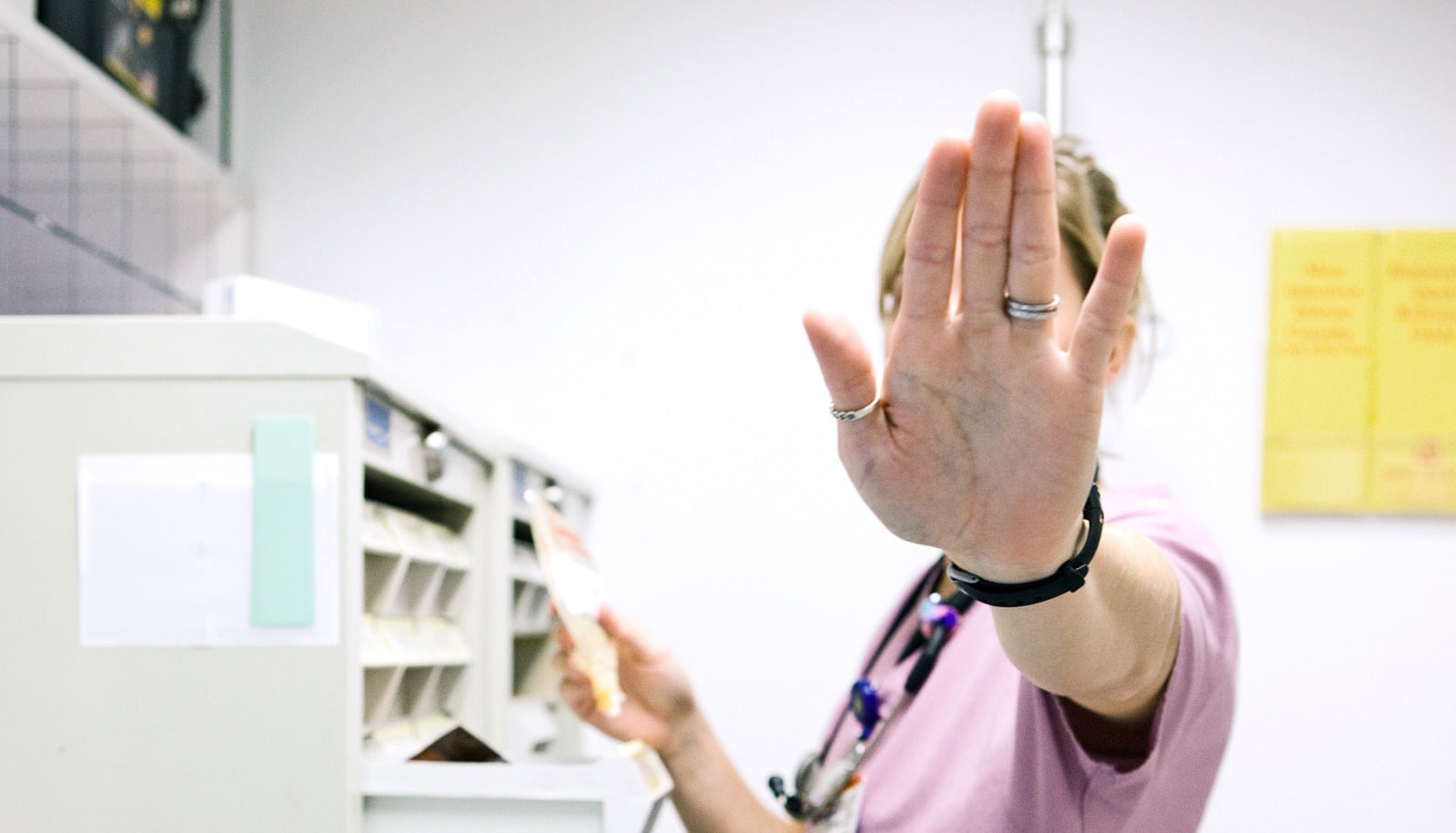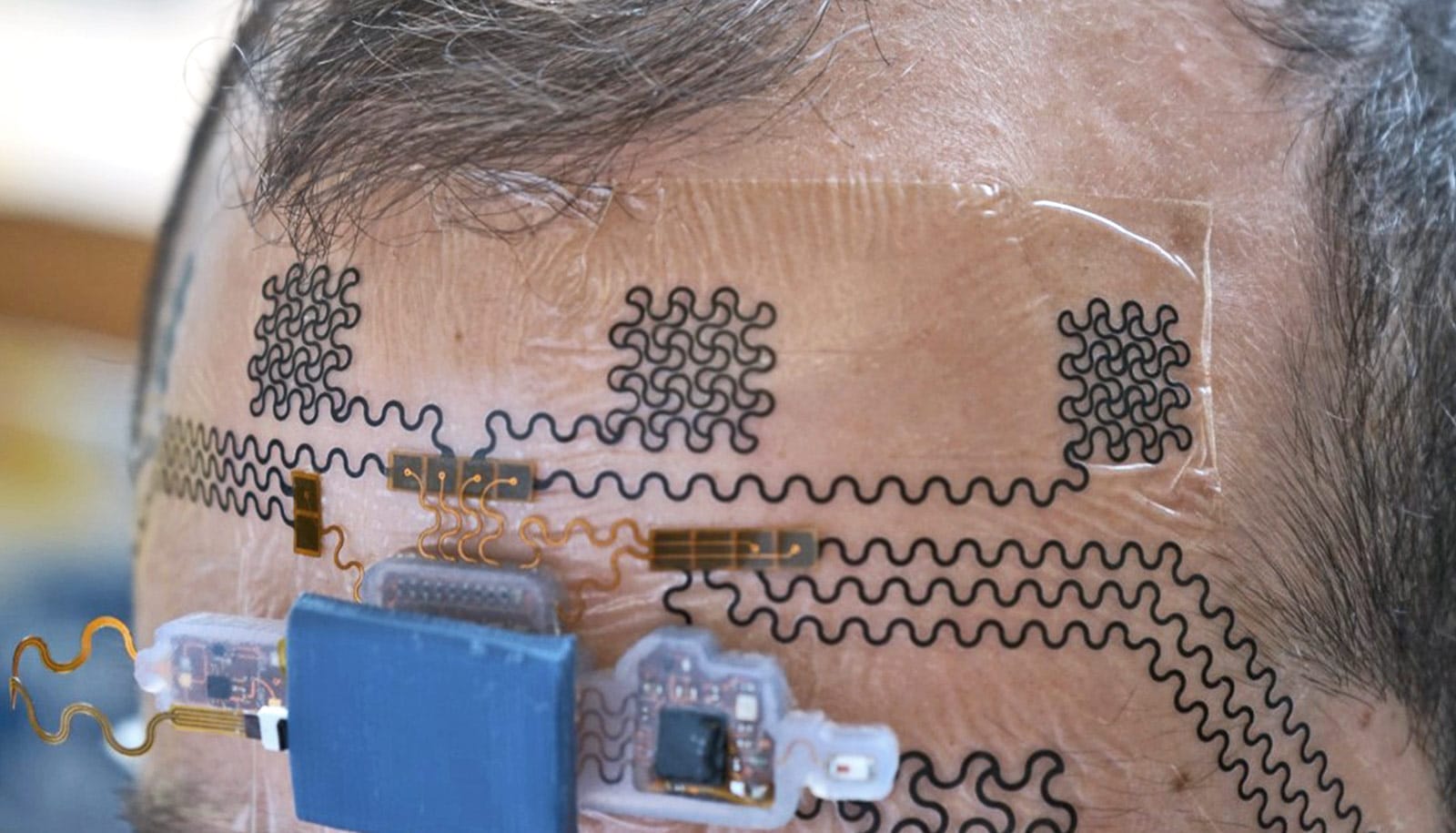Workflow interruptions in the emergency department are most likely to occur as nurses document electronic medical records and while they directly care for patients, research finds.
A new paper in International Journal of Human-Computer Interaction suggests that changes could increase efficiency and help patients.
“Our analysis showed that when emergency department nurses were interrupted in patient care activities, their workload was about two times higher,” says Jung Hyup Kim, assistant professor in the industrial and manufacturing systems engineering department at the University of Missouri.
“When electronic medical documentation was added to those tasks, the workload was about four times higher than in a non-interruption scenario.”
Kim and a team of graduate and undergraduate students traveled to the Mayo Clinic in Rochester, Minnesota, to study how brief interruptions affected nurses in the emergency department.
The “time and motion” study was completed over the course of a week, during which Kim and his team observed a group of experienced nurses and studied their tasks.
For better patient care, prevent nurse burnout
After noting the ED nurses’ most frequent tasks, they broke them down into eight basic categories, such as direct care, documentation, social breaks, and other tasks including supervision and education. They also noted the five most common interruptions to the nurses’ work included phone calls, colleagues, residents, doctors, and relatives of the patient.
The researchers then used the information to create two simulation models—one illustrating how efficient the workflow was without interruption and another to illustrate the potential effects of interruptions on tasks. The model was used to reach the conclusions regarding the higher workloads after interruptions during EMR documentation and patient care.
Tough cases scar nurses, but this program can help
“Our study showed that ED nurses should be trained to avoid answering questions or non-emergency phone calls while delivering direct care to patients and while engaged in EMR documentation,” Kim says. “Also, relatives of patients should allow the health care worker to perform critical duties without interruption.”
Source: University of Missouri



